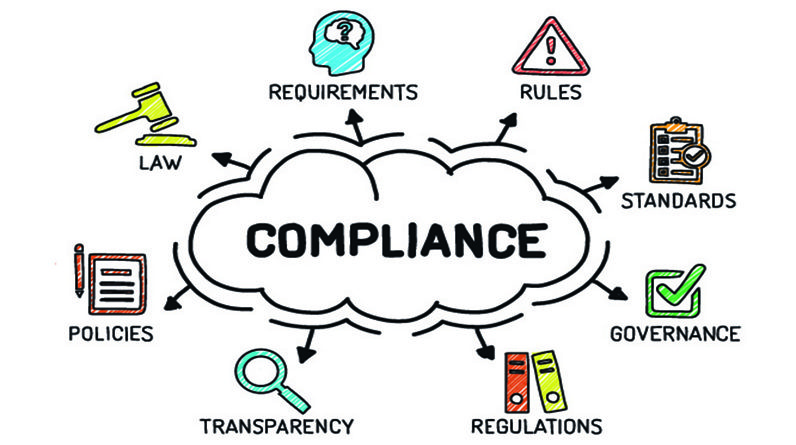Four people have been charged for their roles in conspiracies to commit healthcare fraud and wire fraud and to pay kickbacks to doctors and doctors’ employees. Alex Fleyshmakher, 33, of Morganville, New Jersey, was arrested the morning of September 16. Also charged in the superseding indictment are: Ruben Sevumyants, 36, of Marlboro, New Jersey; Samuel “Sam” Khaimov, 47, and Yana Shtindler, 44, both of Glen Head, New York. Sevumyants was previously charged by indictment, and Khaimov and Shtindler were each previously charged by complaint. Prime Aid Pharmacies (now closed) operated as “specialty pharmacies” out of locations in Union City, New Jersey, and Bronx, New York. They processed expensive medications used to treat various conditions, including Hepatitis C, Crohn’s disease, and rheumatoid arthritis. Fleyshmakher worked at Prime Aid Union City and was an owner of Prime Aid Bronx. Khaimov was an owner of Prime Aid Union City and the lead pharmacist of Prime Aid Bronx. Shtindler was Prime Aid Union City’s administrator, and Sevumyants was its operations manager.
Starting in 2009, in order to obtain a higher volume of prescriptions, Khaimov, Sevumyants, Fleyshmakher, and other Prime Aid employees paid bribes and kickbacks to doctors and doctors’ employees to induce them to steer prescriptions to Prime Aid Pharmacies. The kickbacks included expensive meals and payments by cash, check, and wire transfers. Another method of bribery also involved paying an employee to work inside a doctor’s office for the doctor’s benefit. Prime Aid Union City, at the direction of Shtindler, Khaimov, and Sevumyants, also engaged in the pervasive fraudulent practice of billing health insurance providers for medications that were never provided to patients. While Prime Aid generally provided medications for initial prescriptions it received, it systematically billed for refills for those same medications without ever dispensing them to patients. From 2013 through 2017, Prime Aid Union City received over $65 million in reimbursement payments from Medicare, Medicaid, and private insurers for medications the pharmacy not only failed to give patients, but never even ordered or had in stock.







